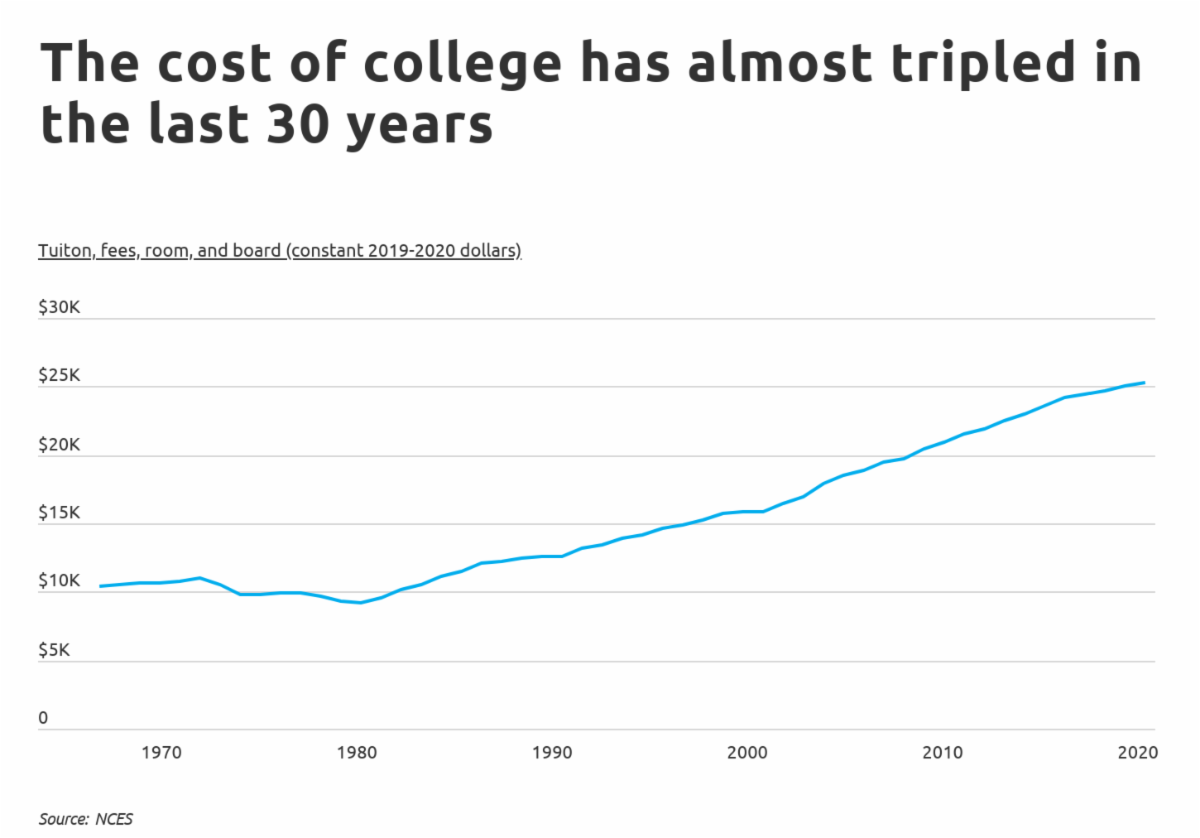AccuWeather Hurricane Center – April 27, 2022 – The start of summer is fast approaching, and AccuWeather meteorologists are ready to pull back the curtain to reveal what weather Americans across the country can expect in the coming months.
The first taste of summer arrived months ahead of schedule in Southern California when widespread temperatures in the 80s and 90s F were reported during the first half of February. Meanwhile, residents of the northern Plains might still be wondering if winter has ended yet with multiple rounds of Arctic air and blizzard conditions throughout April.
The roller-coaster ride that is spring will continue to blur the lines between the seasons in the coming weeks, but the light is at the end of the tunnel and widespread, long-lasting warmth is fast approaching.
Summer has been on the minds of AccuWeather’s long-range forecasters for weeks, and the team of meteorologists, led by Senior Meteorologist Paul Pastelok, has put together the pieces of the weather-forecasting puzzle to create a forecast for the contiguous United States for the upcoming season.
Meteorological summer is slated to begin on Wednesday, June 1, just two days after Memorial Day weekend, which is often touted as the unofficial start to summer. Astronomical summer will commence less than three weeks later on the solstice, which occurs this year at 5:13 a.m. EDT on Tuesday, June 21.
Take a look at the complete region-by-region breakdown of the U.S. summer forecast below:
Stormy summer ahead for Northeast, Midwest
Lawnmowers will have their work cut out for them this summer across the northeastern and midwestern U.S., although finding windows of opportunities to head outside to cut the grass could be tricky with a stormy pattern on tap.
“In the Northeast,” Pastelok explained, “we’ve had ample amounts of moisture here to start off 2022.”
This wet weather pattern is predicted to continue across the regions into the summer with frequent rain that could disrupt many outdoor summertime activities, such as doing yard work, exercising outdoors or playing golf.
“We may not have to water the lawn too often,” Pastelok said. “The thing is: you’re going to have to probably cut the lawn often.”
 Johnny Wilson mows a lawn in Washington on Wednesday, Oct. 4, 2017. (AP Photo/Andrew Harnik)
Johnny Wilson mows a lawn in Washington on Wednesday, Oct. 4, 2017. (AP Photo/Andrew Harnik)
More moisture will also mean increased chances for severe weather from the Atlantic coast through the Great Lakes.
“We may have a lot of severe weather to deal with here in the Northeast coming early to mid part of the summer season,” Pastelok said. “All of the ingredients are there.”
The Midwest faces the highest risk of severe weather this summer, particularly in June and July, but damaging storms and tornadoes will also be possible across the Northeast throughout the summer, including the heavily populated Interstate 95 corridor.
Pastelok noted that the long-term weather pattern this year is showing some similarities to 2012, a summer that produced a disastrous derecho across the Ohio Valley and mid-Atlantic.
A derecho is a long-lived complex of thunderstorms that produces destructive wind gusts of at least 58 mph over an area spanning at least 240 miles. Wind gusts often exceed the 58-mph benchmark and the storm system is sometimes referred to as an “inland hurricane.”
The areas at the highest risk of experiencing the impacts of a derecho, Pastelok said, are the Midwest, Ohio Valley and parts of the mid-Atlantic.

While the wet pattern will fuel severe weather, it will help to limit the potential for heat waves across the regions.
Nearly every major city across the Northeast and Midwest experienced more 90-degree days than normal last summer. Boston typically counts 14 90-degree days throughout the year, but last year reported 24. This year, AccuWeather is predicting 15 to 18 90-degree days for the city.
Last summer in the nation’s capital, the mercury hit 90 F on 48 occasions above the long-term average of 40 days. A repeat could unfold this summer in Washington, D.C., with 42 to 46 days expected to reach 90 F this year.
Chicago is another city forecast to have more 90-degree days than normal this year, similar to what unfolded in 2021. Last year, the city counted 22 days where the mercury reached 90 F, above the long-term average of 16 days. This year, AccuWeather is predicting that the Windy City will experience 18 to 24 days with a temperature of at least 90 F.

Pastelok noted that although daytime temperatures will average near normal in the eastern half of the nation this summer, overnight temperatures will be well above normal. This means that there will be less natural cooling at night, increasing the energy demand during the overnight hours.
Monsoon to help short-term drought over interior West
As thunderstorms frequent the East Coast and Midwest and tropical troubles brew near the Southeast, rain could be hard to come by across the nation’s heartland.
Drought conditions are widespread from Texas through Montana with most of the High Plains experiencing severe to extreme drought, according to the U.S. Drought Monitor. The worst conditions are focused on the Texas and Oklahoma panhandles and western New Mexico.
“The High Plains is going to end up being drier and drier and drier as we go into the first part of the summer season,” Pastelok said. “So, I don’t see any relief coming that way from any big [thunderstorm] complexes developing.”
The heat and dryness will not only put a strain on crops across the region, but it will also lead to a high-than-average cooling demand across the region. Americans living in metro areas of San Antonio, Dallas, up into Kansas City and west out to Denver can expect substantial home cooling costs this summer.

The best chance for much-needed rain across the drought-stricken West will arrive in the form of the annual monsoon over the Rocky Mountains and Four Corners.
“We do think it’s going to be a pretty decent monsoon season,” Pastelok said. He added that it could begin slightly earlier than normal in late June or early July. Typically, the monsoon in the southwestern U.S. begins in July and lasts into September.
Rain from the monsoon will help to douse short-term drought concerns across the region, but the monsoon-induced rain will be a double-edged sword.
“Unfortunately when the monsoon season starts, you can get development of more fires triggered by lightning strikes, and then you have to deal with the mudslides afterward in the burn area. So it’s not all good news, but it is good news as far as water goes,” Pastelok explained.
The fire season in the Four Corners got underway during the second half of April with multiple blazes breaking out, including the Tunnel Fire near Flagstaff, Arizona, and the Calf Canyon Fire near Santa Fe, New Mexico.
 A lightning bolt streaking over the Grand Canyon during a summer thunderstorm. (NPS/Grand Canyon National Park)
A lightning bolt streaking over the Grand Canyon during a summer thunderstorm. (NPS/Grand Canyon National Park)
Thunderstorms associated with the monsoon could disrupt outdoor plans all across the interior West during what is expected to be the busiest summer travel season since before the coronavirus pandemic.
The millions of people set to visit national parks from the Grand Canyon in Arizona to Zion and Arches in Utah and eastward into Rocky Mountain National Park in Colorado will all be subject to rounds of turbulent weather during the monsoon season.






 Johnny Wilson mows a lawn in Washington on Wednesday, Oct. 4, 2017. (AP Photo/Andrew Harnik)
Johnny Wilson mows a lawn in Washington on Wednesday, Oct. 4, 2017. (AP Photo/Andrew Harnik)


 A lightning bolt streaking over the Grand Canyon during a summer thunderstorm. (NPS/Grand Canyon National Park)
A lightning bolt streaking over the Grand Canyon during a summer thunderstorm. (NPS/Grand Canyon National Park)



